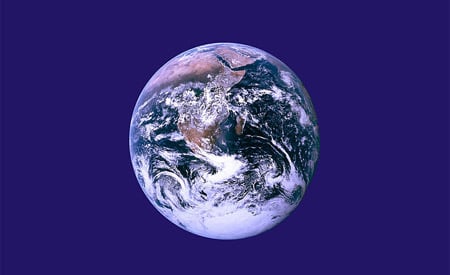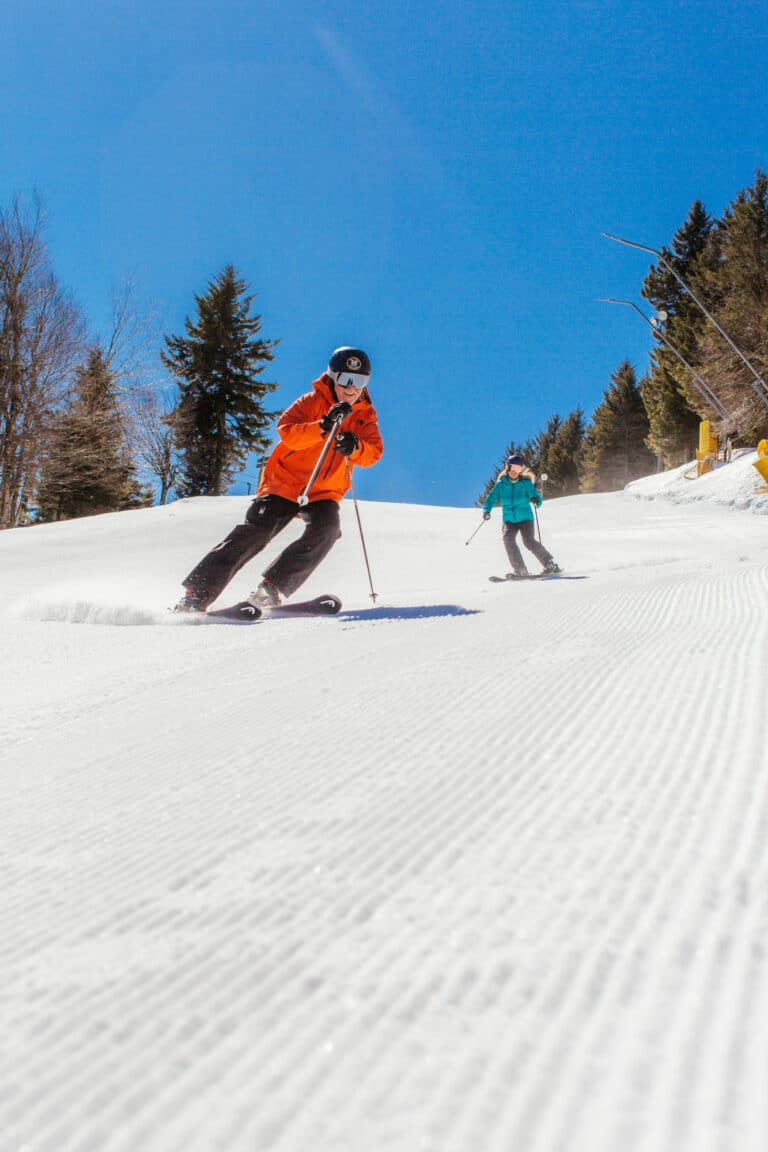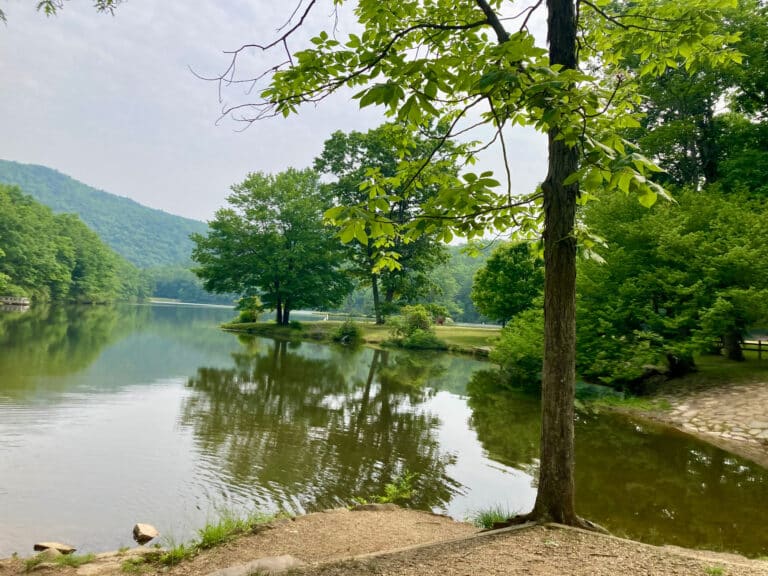Today is Earth Day.
Conceived by Wisconsin Senator Gaylord Nelson over 40 years ago, Earth Day is now a global celebration and call to action on all things environment. In the wake of the Vietnam War and a local oil spill, Nelson dreamt up a grassroots movement to raise awareness of environmental issues. It worked, and ignited a passion in Americans, and then the world, to fight the good fight and protect what’s most important.
It’s hard to think of a time when the environment could have been a more important or prominent issue than right now, but think about the 1970s. Not only Earth Day, but the the Environmental Protection Agency, the Clean Water, Clean Air Act, and the Endangered Species Act all came out of that decade. The parallels between that period of America and this one are striking. Progressive, environmentally conscious presidents, economic turmoil, coming out of a war unpopular with the public, and swirling social issues involving equal rights in the eyes of the law. Of course, you could single out any decade in American history and probably pick out most, if not all of all these factors, but in no other time has the environment been this big an issue and had this big a profile.
So what does it mean? It means events like Earth Day are more important than ever in getting environmental policy over the hump. Sure, some great things have happened on the protection and conservation front since the 1970s, but West Virginians can still light their tap water on fire due to fracking and mountain top removal mining, the Colorado River still runs dry before it gets to the sea, and some – politicians especially – still doubt the Earth is warming due to man’s influence. They refuse to believe, at least publicly, that we are killing the Earth. Here’s the thing: they’re right; we are not killing the Earth. We are killing ourselves.
The Earth will remain, even if we continue down the path of virtually unchecked pollution and waste, especially in countries like China, Russia, India, and Brazil. These countries are major players in the global economy that are either too large, too corrupt, or growing too fast to keep tabs on all the ecological harm happening within their borders. While the U.S. is partially to blame – we built this country on the backbone of coal and oil, laying waste to nature along the way and now we want other countries just emerging into prominence to do it differently (see also nuclear weapons, imperialism, clandestine service, etc.) – we should not abandon policies what will end up having the largest impact on our future. It starts locally, for sure, but it also starts young.
It is hard to change the mind or attitude of an adult; old dogs and new tricks don’t mix well. When I see a beer bottle or potato chip bag on the side of a country road, I think to myself, “How could anyone just throw trash out their window for someone else to pick up?” But then I realize that people have been tossing trash out their windows forever and whoever did that probably saw their mom or dad do it and that’s just the way it is; they don’t care, and they’re not going to change. So that’s where it starts, with the kids.
The saying is we don’t own the land, we rent it from our children. As a child, I like to think that I was taught to appreciate nature and the environment, but that is not exactly true. No one ever said to me, “This is nature. Some people don’t care enough about it and hurt it. Don’t do that.” But I was always out in nature playing in the woods, swimming in the water, climbing the trees and feeling the wind in my face. My parents took me camping, on mountain hikes and fishing trips. No one had to tell me it was bad to pollute or litter or otherwise deface the natural world, I just knew.
It’s a strange juxtaposition: environmental issues are more prominent than ever, but children are more removed from it than ever. Kids not outside enough, too much computer time, too much hyper-competitive schoolwork, and not enough playtime results in higher rates of obesity and less appreciation for the natural world. While climate change and global warming may be a permanent part of the next generation’s lexicon, the actual concept of protecting open spaces, forests, rivers, and mountains may not be. Without the tangible, physical experience of getting outside the concept of saving the planet, and ourselves, may not manifest itself productively.
Turn this Earth Day into Earth Week, Earth Month, Earth Year, or even Earth Life. Planting some trees is a great start, but keep an eye on the bigger picture, also. Plant the seed of consciousness in a child by taking them on a hike in the woods, ride a bike or walk instead of taking the car, pick up litter, recycle, hang clothes to dry. Do whatever it takes, just do it in front of your kids. Expose the next generation to the beauty of the natural world and our responsibility to preserve it, and they just might follow our lead.








